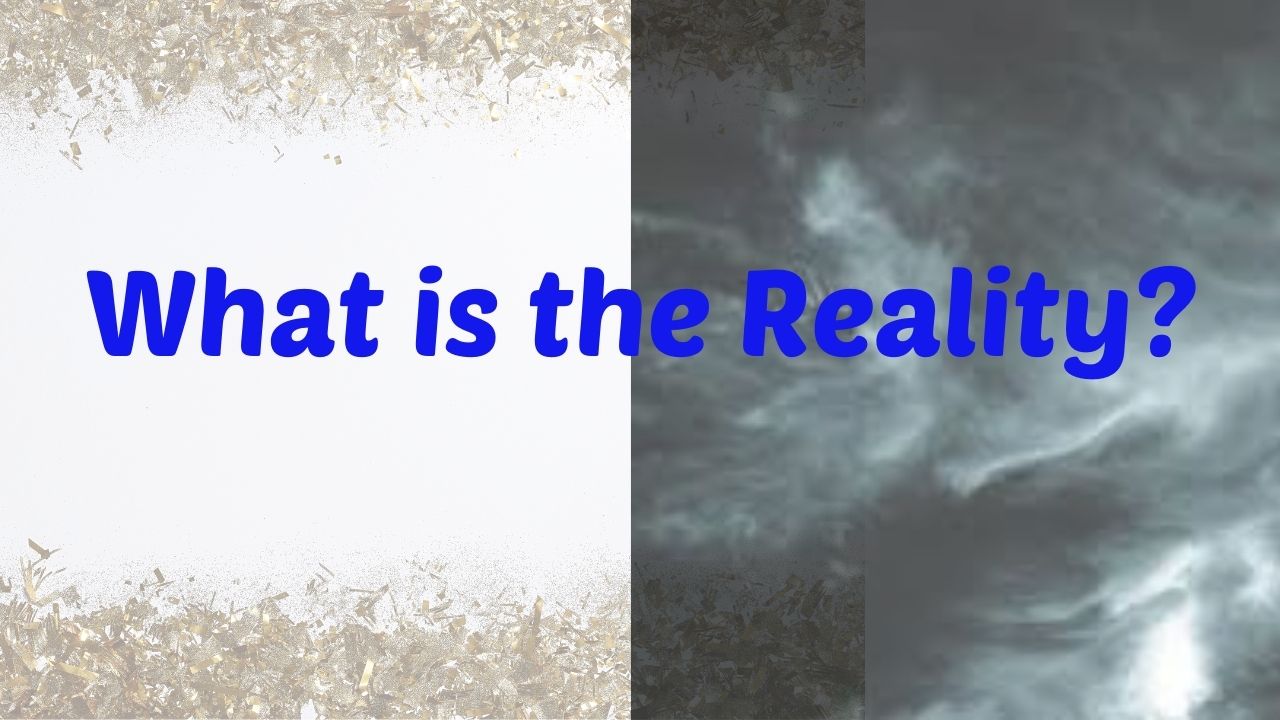
What is the Reality#
You see something on a table and you ask yourself, “What is that?”
Answer: It looks like an apple, so it is an apple.
Then you ask, “How many apples are there?”
Answer: You know the counting, and after counting, you say it is three.
It’s a very simple process, isn’t it?
You know the truth after asking these two questions.
In reality, this is a very complex process.
And you don’t know the absolute truth.
In fact, after the above inquiry,
you may not even know the experiential truth.
Experiential truth is that which you perceive from your sensory input.
Ask yourself, how many assumptions are there in the truth-knowing process?
Ask these questions to yourself.
Are my eyes able to see the surroundings correctly?
Consider these statements:
My eyes may have a color problem (temporary, permanent, or recently developed).
I may not be aware of these.
I may not be able to see the shape correctly.
I may not be able to see the objects in the right place
(I may be seeing that in a mirror or through a glass without my knowledge).
How do I know I can see correctly?
Hospitals/pathology labs are places to test you
and compare against average parameters.
If your parameters are away from the average, then you are abnormal.
With certain abnormalities,
you may be able to see/perceive what other people cannot see/perceive,
or you cannot see even those which almost everyone can see.
Ask yourself, is the lighting around the object proper to see the object’s shape and color?
How do you know how much light is enough and proper to see the world around?
Apart from eyes, is there any method to know the object on the table?
If yes, then can you use those methods on this object on the table?
Touch, smell, taste—can they be used?
Is there any restriction on using those methods to know the truth?
How do you know what is ’three’?
It’s not merely a linguistic question that you call certain counts as three and not ‘jhoomjha’.
If your number calling system were different,
you could have said, “I saw jhoomjha apple on the table.”
It’s just a replacement of words.
How do I know it is three or jhoomjha?
Our life is bound by certain experiences,
and our minds are bound by language and culture.
So what we know is the cultural truth that we express in the language we know to speak.
In an true sense, it is extremely difficult if not impossible to know the reality as it exists.
We know the reality based on how our minds are trained,
how human life has evolved, and the language we use to convey ideas.
Hari Om Tat Sat
Yours Truely Hari


Comments: